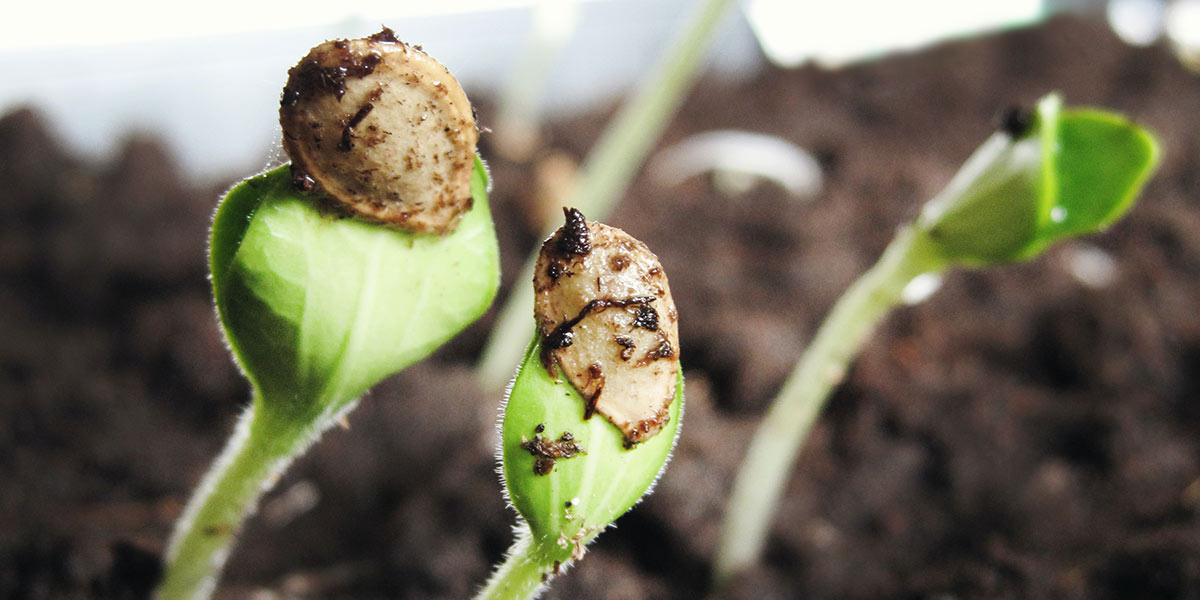Ferti Facts: Seeds of Change
Seeds of Change: What’s in your Packet of Certified organic seed?
By Dr. Wesley Chun Ph.D., Grower's Secret, Chief Science Officer
Abstract
There are three reasons for using certified organic seed to produce organic crops. First, the National Organic Program (NOP) guidelines recommend use of organically produced seed for organic crop production. Second, it is good for your conscience since organically produced seeds inherit environmental conservation and pollution reduction benefits. Third, organic seeds are claimed to be healthier (more resistant to pathogens and pests), and better adapted to grow under organic cropping systems. NOP guidelines, and environmental sustainability benefits are compelling factors for using certified organic seed. The third reason is highly dependent on the seed producer and the source of the seed. Most plant varieties were bred under conventional agricultural systems. However, there are now university and private breeders who are breeding new varieties using organic growing methods. While organically bred varieties are available, the performance of these varieties may be regionally limited. Seed selection should be based on production needs and environmental growing conditions first, and then organic if it is available. Check the facts when organic seeds claim to be healthier, pest- and pathogen-resistant, and pesticide-free.



